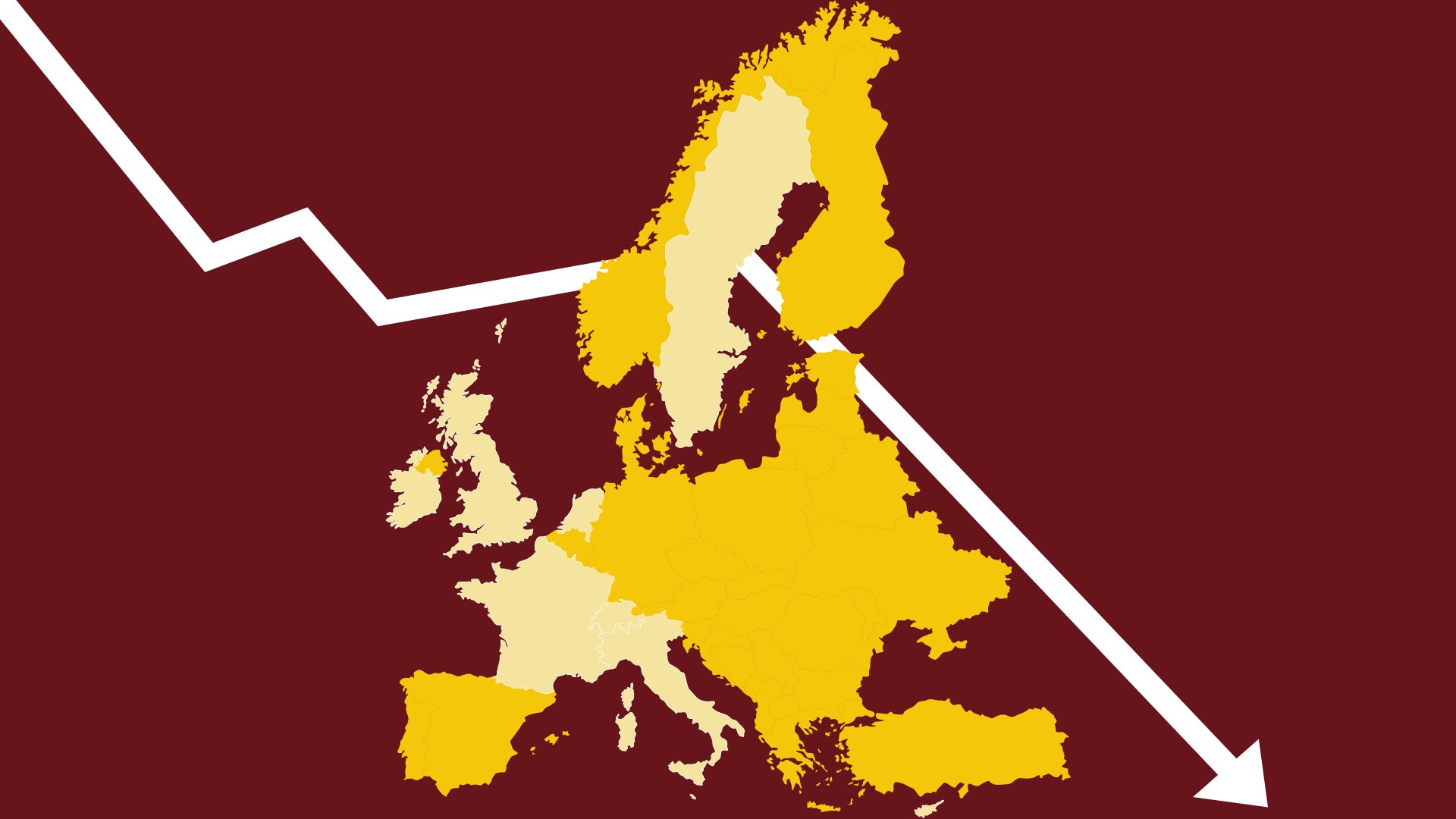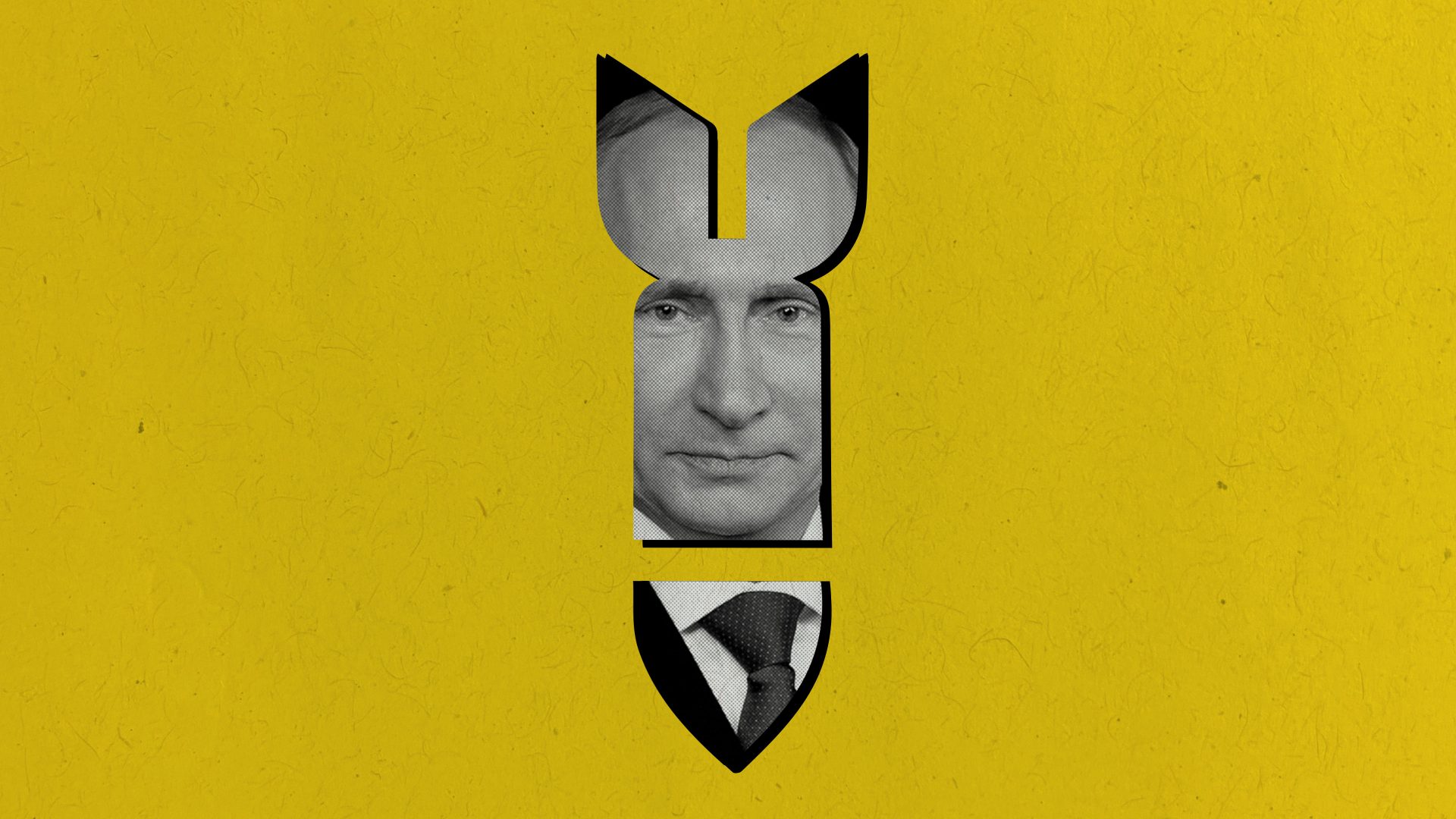The Scotsman
“Income-tax rates and bands are devolved to Scotland, but the move will pile huge pressure on the Scottish government amid a widening tax gap with the rest of the UK.
“By terming it a ‘fiscal event’ rather than a full budget, the chancellor avoided the immediate scrutiny and forecasts of the Office for Budget Responsibility. The shadow chancellor Rachel Reeves said: ‘Never has a government spent so much and explained so little.’”
The Irish Times
“Kwasi Kwarteng… has taken a huge political gamble with a mini-budget intended to jolt the British economy back to life, with £45bn of tax cuts, and the removal of restrictions on bonuses for bankers.
“The package will delight many in the City of London and the wealthy. It removes the top income tax rate of 45p, applied to earnings above £150,000. Kwarteng confirmed he was scrapping the cap on bankers’ bonuses in a sharp contrast with Ireland, where limits on pay remain.”
Le Monde, France
“The plan runs counter to the view of many Conservatives that governments shouldn’t rack up huge debts that taxpayers will eventually have to pay. Rachel Reeves criticised the government for expecting taxpayers to foot the bill for its initiatives, rather than increasing a tax on the windfall profits of energy producers benefiting from soaring prices for oil and natural gas.”
Het Laatste Nieuws, Netherlands
“Great Britain, like Europe, has to deal with high inflation and increasingly expensive energy. The value of the British pound also fell below $1.20 on Friday, to $1.1170. That is the lowest level since early 1985. The British currency is weakening on fears of a recession, while the dollar benefits from its safe-haven status in difficult times.”
Corriere della Sera, Italy
“In 2014, on the basis of European legislation, it was established that the bonuses could not exceed double the salary: now there will be a ‘free for all’ for the wolves of the City, with the aim of making London competitive with New York and Hong Kong, to show the world of finance that there are real benefits from Brexit.”
Cyprus Mail
“Britain’s new finance minister Kwasi Kwarteng unleashed historic tax cuts and huge increases in borrowing on Friday in an economic agenda that floored financial markets, with British government bonds in freefall.
“Kwarteng scrapped the country’s top rate of income tax and for the first time put a price tag on the spending plans of prime minister Liz Truss, who wants to double Britain’s rate of economic growth.
“Investors unloaded short-dated British government bonds as fast as they could, with two-year gilts on track for their biggest one-day fall since at least 2009.”
Göteborgs-Posten, Sweden
“The pound is taking a beating and the interest rates on British government securities are rising sharply since the UK’s [chancellor] Kwasi Kwarteng presented a gigantic debt-financed package of tax cuts and electricity subsidies… The package is estimated to cost £161bn (2,000bn kroner) over the next five years. It is being described as the biggest of its kind since 1972, when an unusually expansive budget led to a vicious spiral of British inflation that required an IMF loan to unravel.”
Kronen Zeitung, Austria
“On Monday, the British pound fell at times by almost 5% to 1.0350 dollars. That was a record low. Experts cite the strong tax cuts and other tax cuts of the new government under prime minister Liz Truss as a factor in the uncertainty over the pound. The direction of financial policy is causing the foreign-exchange market great concern in view of the rising national debt.”
Times of Malta
“With prices rocketing, wage values are eroding, triggering some of the biggest strike action Britain has seen in more than 30 years. From the rail sector to postal services and even lawyers, tens of thousands of workers are carrying out industrial action aimed at securing bigger salaries.
“‘At such a critical time for our economy, it is simply unacceptable that strike action is disrupting so many lives,’ Kwarteng told MPs. He said the government would legislate ‘to ensure strikes can only be called once negotiations have genuinely broken down’.
“Meanwhile, surging interest rates aimed at cooling sky-high inflation are hurting consumers and businesses, as well as pushing up the cost of government borrowing.”



